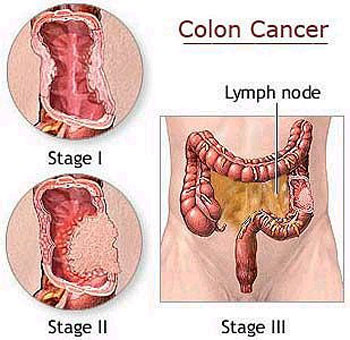Delaware Equalizing Racial Disparity In Colon Cancer Screening

Delaware Equalizing Racial Disparity In Colon Cancer Screening
By D.A. Barber
Partly because of disproportionate screening, African-Americans have a 20 percent higher risk of developing colon cancer and a 45 percent higher mortality rate compared to all other population groups, according to the Colon Cancer Alliance. But an April 15 study of the impact of a Delaware program to eliminate colon cancer disparities for African Americans reports a 41 percent reduction in mortality rates.
In 2002, the Delaware Cancer Consortium began providing a novel approach to eliminate colon cancer disparities using a comprehensive colon cancer-screening program that includes insurance coverage. The Consortium also developed a companion program to cover the costs of cancer care for the uninsured.
A study of the Delaware program published in the April 15 Journal of Clinical Oncology shows the percentage of advanced colon cancer cases diagnosed among blacks declined from 79 percent to 40 percent and overall incidence rates declined from 67 percent in 2002 to 45 percent in 2009 thanks to early colonoscopy screening.

Wouldn’t it be nice if all states, like Delaware, offered not only colon cancer screening and care, but also followed its example by providing cancer healthcare to all who are uninsured? A December 2012 study found that in some instances improving access to healthcare “could improve colorectal endoscopy, yet might not be sufficient to reduce racial and ethnic disparities in colorectal cancer screening.” Photo Credit: chattahbox.com
“The Consortium demonstrated that racial disparities can be mitigated by providing equal care and equal access,” said Blase N. Polite, at University of Chicago Medical Center.
But in another study published in December 2012, researchers found that improving access to healthcare through expanded health insurance coverage “could improve colorectal endoscopy use but might not be sufficient to reduce racial and ethnic disparities in colorectal cancer screening.”
While colon cancer is the third most commonly diagnosed cancer and the second leading cause of cancer death, it is one of the few cancers that is highly treatable thanks to the use of routine screening, according to the Colon Cancer Alliance. But the American Cancer Society says the racial disparity has widened for death rates for colon cancer, noting “dramatic improvements in…colorectal cancer treatments have been introduced over the last two decades, but not all people are able to afford, offered, or even get transportation to these treatments.”
Featured Photo Credit: delawarecancerconsortium.org
